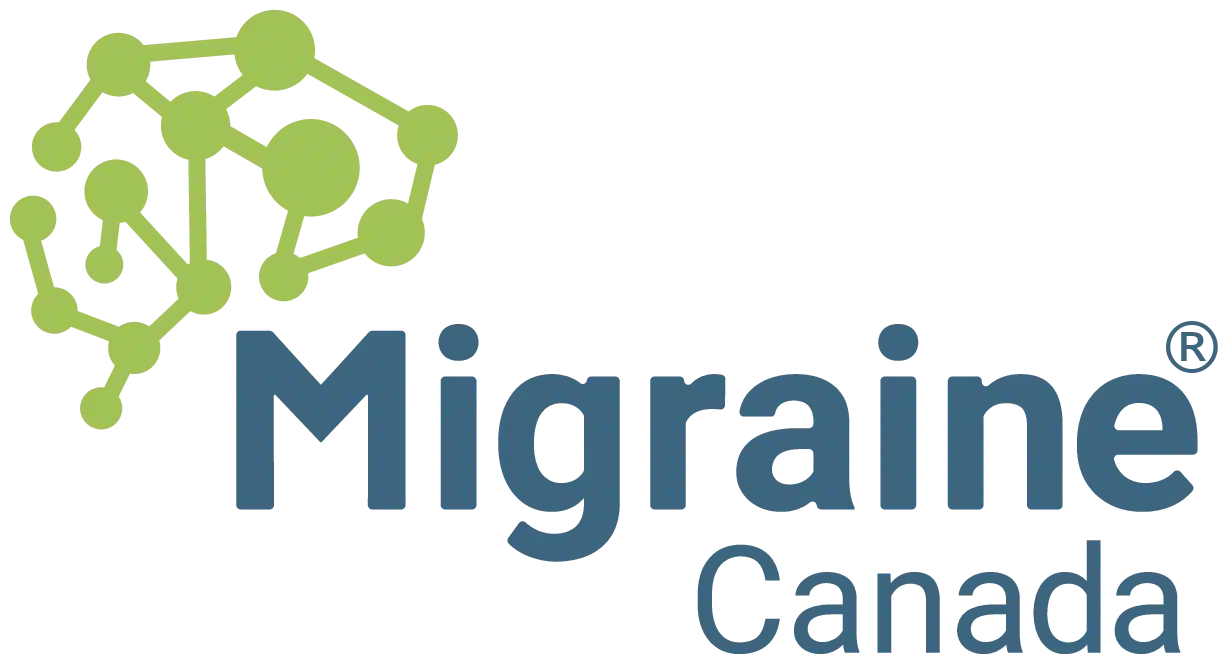Acute Treatments
Acute treatments focus on stopping a migraine attack once it has commenced. This is distinct from preventive treatments, which aim to reduce migraine frequency.
On this page, you will find:
Tips for Controlling Migraine Attacks with Acute Treatments
List of Acute Treatments Available in Canada
Common Questions About Acute Medications for Migraine Attacks
Migraine Canada Videos, Articles & Resources about Acute Treatments
Table of Acute Treatments: Classes, How They Work, and Side Effects
Neuromodulation devices can also be used to treat migraine attacks. For more information, please see our Neuromodulation Device page or our webinar with Dr. Alex Melinyshyn.
Tips for Effectively Controlling Migraine Attacks Using Acute Treatments:
- Aim for Relief: The goal is to return to function or at least a decrease in symptoms.
- Explore Options: Work with your care provider to try different treatments.
- Track Patterns & Progress: Be sure to observe your attacks and be aware of how they start and evolve. Use a migraine diary (Post #5: How to Use a Migraine Diary) or our Canadian Migraine Tracker App(app landing page)) to record results.
- Early Intervention: Treat early, it will increase your success rate.
- Treatment Combinations: For severe attacks, discuss medication combinations (NSAID and Triptans) with your healthcare provider.
- Address Nausea: Use specific medications to treat nausea if you experience it
- Alternative Methods: Consider nasal sprays, injections, and other non-pill options for severe attacks.
- Natural Remedies: Techniques like hot/cold therapy, mint rollers, acupressure, and breathing exercises can be beneficial.
- Tailored Approach: Use different treatment options for attacks of different severity.
- Prevent Overuse: Avoid frequent medication use and consider preventive strategies.
- Explore Gepants: These medications are specifically indicated for migraine and do not lead to medication overuse headache.
- Avoid Cannabis and Opioids: Cannabis is better avoided for migraine treatment until more research is available. Avoid opioids, they should be only a last resort
Frequently Asked Questions
What are acute treatments for migraine?
Acute treatments focus on stopping a migraine attack once it has commenced, distinct from preventive treatments that aim to reduce migraine frequency.
What is the goal of an acute treatment?
Efficient and reliable acute treatment aims to restore your ability to resume daily activities within 1 to 2 hours. The medication should be effective, reliable, and have no significant side effects. If you have severe attacks, the goal may be to decrease symptoms (pain, nausea, sensory sensitivity, others) even if a return to function is not possible.
How can I tell the difference between migraine attacks and tension headaches?
Identifying migraine symptoms such as light sensitivity, irritability, nausea, and throbbing pain can help distinguish migraine attacks from tension headaches. Recognizing these warning signs can aid in early treatment, potentially increasing success rates. Many migraine attacks start at a mild degree but then deteriorate.
How will I find the right acute treatments for me?
Since each patient responds differently, finding the right acute treatment may involve trying various medications and combinations. It is rare for a treatment to be effective for 100% of attacks, so we suggest that you try each new medication for a few three separate migraine attacks. Tracking responses in a migraine diary and evaluating benefits and side effects can guide treatment decisions in consultation with your healthcare provider.
When should I treat the migraine attack? Sometimes I try to wait to see if it will pass.
Treating the attack early increases your chances of success and return to function. For some people, their migraine attacks are always the same, but others have different types, some rising quickly, others slowly. Some start during sleep. The sequence of symptoms may vary, but once an attack is full blown, it becomes more difficult to stop it. In the case of gepants, studies have shown that treating during your prodrome (if you have a recognizable and reliable one) can be beneficial.
My migraine attacks come on quickly, or I wake up with them. What should I do?
Consider asking your doctor for a medication that does not need to be absorbed by the stomach, such as a nasal spray, suppository, or injection. Such options may be effective.
Can I combine several acute treatments?
The different categories of acute medications may be taken together to treat different parts of the attack. For example, you may need something for pain and nausea. Different migraine medications act through various mechanisms, and combining them may increase your chances of success. Different attacks may require different combinations.
What about rebound headache? How many days per month can I safely treat?
It is crucial to exercise caution if experiencing headaches more than two days a week. The risk of drug-induced (rebound or medication overuse) headache starts at 10 days per month, and gets higher with higher frequency. If you have headaches more often than this, you may need a preventive medication to help reduce the frequency of your migraine attacks. As a note, gepants taken acutely do not induce rebound, they could even add a preventive effect.
Can I use opioid medications for migraine?
Opioids are usually avoided for migraine treatment because they are more likely to result in a temporary response where the migraine returns in a few hours or the next day. The brain becomes more sensitized to pain following the use of opioids and there is greater risk for rebound headaches. The pattern of migraine often becomes more frequent and more severe in people who use opioids.
FAQ References
References:
- Worthington I, Pringsheim T, Gawel MJ, Gladstone J, Cooper P, Dilli E, et al. Canadian Headache Society Guideline: acute drug therapy for migraine headache. Can J Neurol Sci. 2013;40(5 Suppl 3):S1-s80.
- Gilmore B, Michael M. Treatment of acute migraine headache. Am Fam Physician. 2011;83(3):271-80.
- Mayans L, Walling A. Acute Migraine Headache: Treatment Strategies. Am Fam Physician. 2018;97(4):243-51.
- Rapoport AM. Acute treatment of migraine: established and emerging therapies. Headache. 2012;52 Suppl 2:60-4.
More Resources on Acute Treatments

Exercise and Migraine
Explore the impact of exercise on migraine. From boosting pain tolerance through endorphin release to regulating sleep patterns and enhancing overall well-being, exercise offers promising benefits...
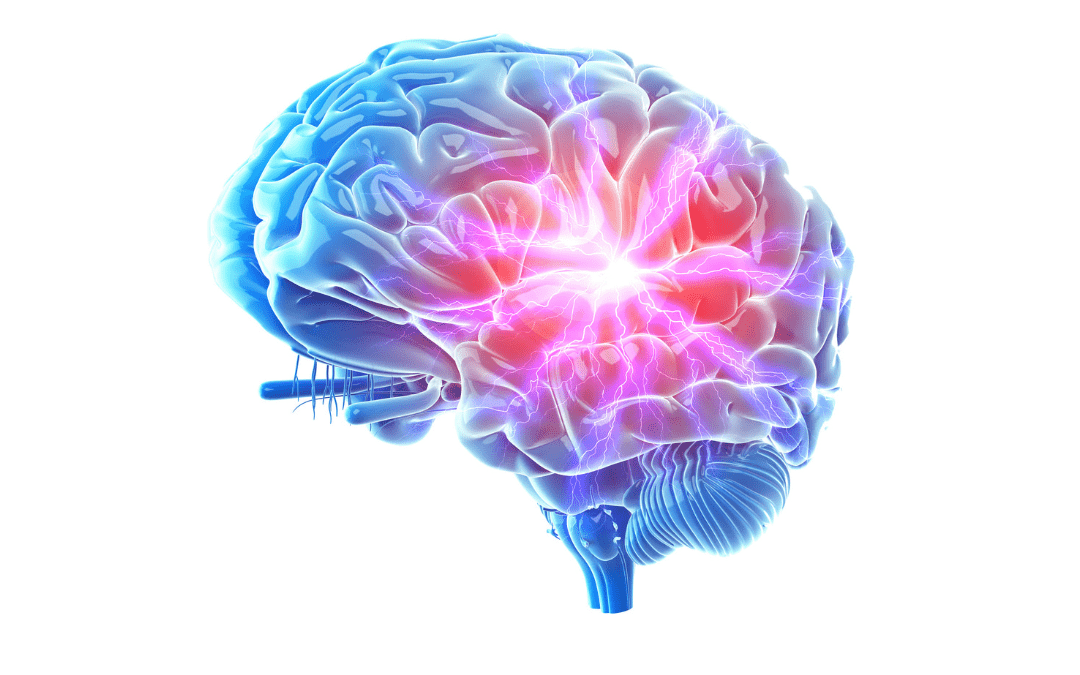
The Cause of Migraine: The Electrical and Chemical Sides of Migraine
Dive into the complex neurological roots of migraine. This article explores the genetic, electrical, and chemical components underlying migraine, illuminating their complex interactions within the...
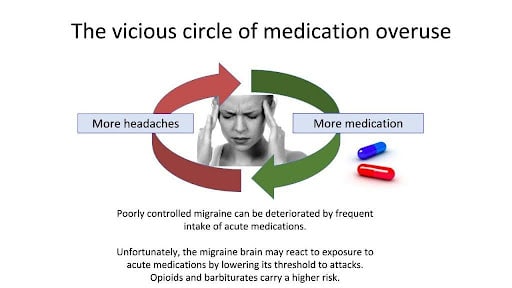
Medication Overuse Headache: What Is It and Why Is It Happening?
For those grappling with frequent migraine attacks, relying on acute medications seems like a logical solution. However, this can lead to a lesser-known complication called medication overuse...
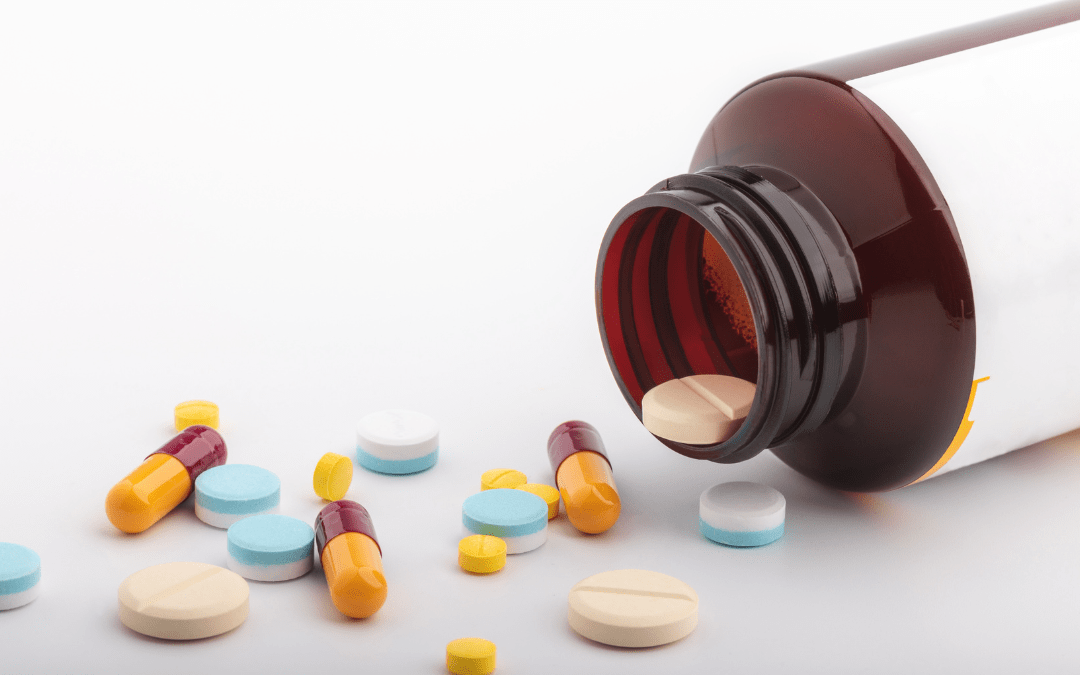
Medication Overuse Headache: Break the Cycle
More pills can lead to more headaches. Are you concerned about medication overuse? This resource explains the risks of taking too many acute medications, helps you identify if you're in the safe...

Opioids and Migraine: AVOID!
Understanding opioids and their impact is essential, especially in managing chronic pain and migraine. Opioids are powerful painkillers that act on natural morphine receptors in the brain. While...

Pacing with Migraine: Why It’s Helpful and How to Do It?
Discover the benefits of pacing for managing migraine. Learn how this strategy helps individuals regulate tasks and activities to avoid triggering migraine attacks. In this post, we explore...
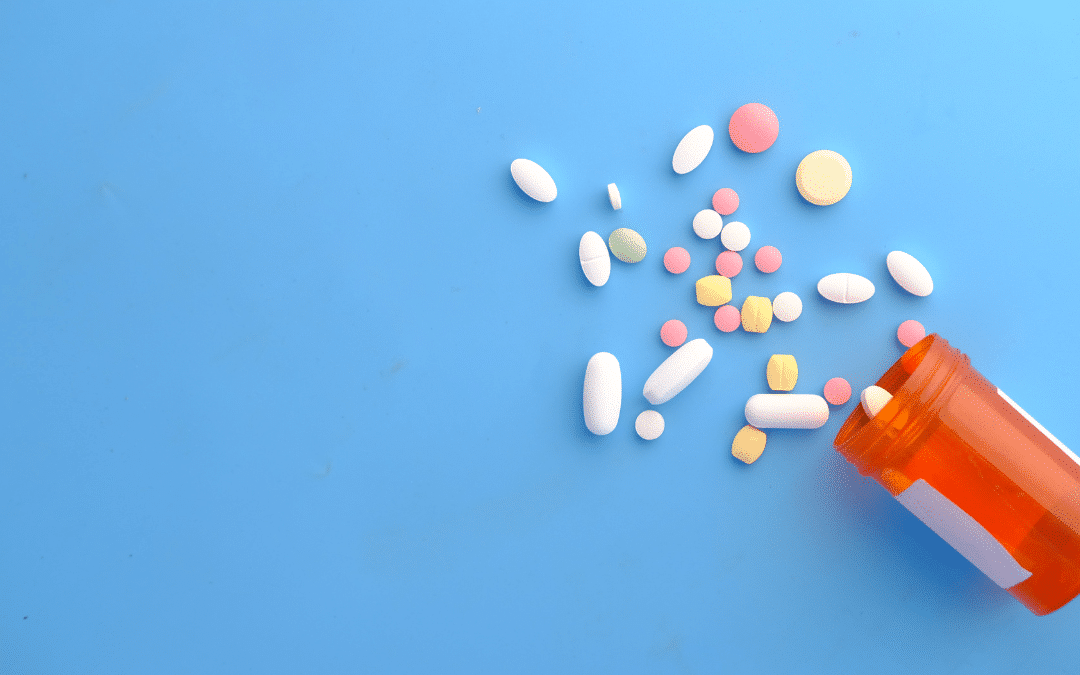
What Should I Do If I Throw Up My Medication?
Many people with migraine experience nausea, and some will vomit during an attack. Vomiting, especially if it occurs early in the migraine attack, can prevent medication absorption, reducing...
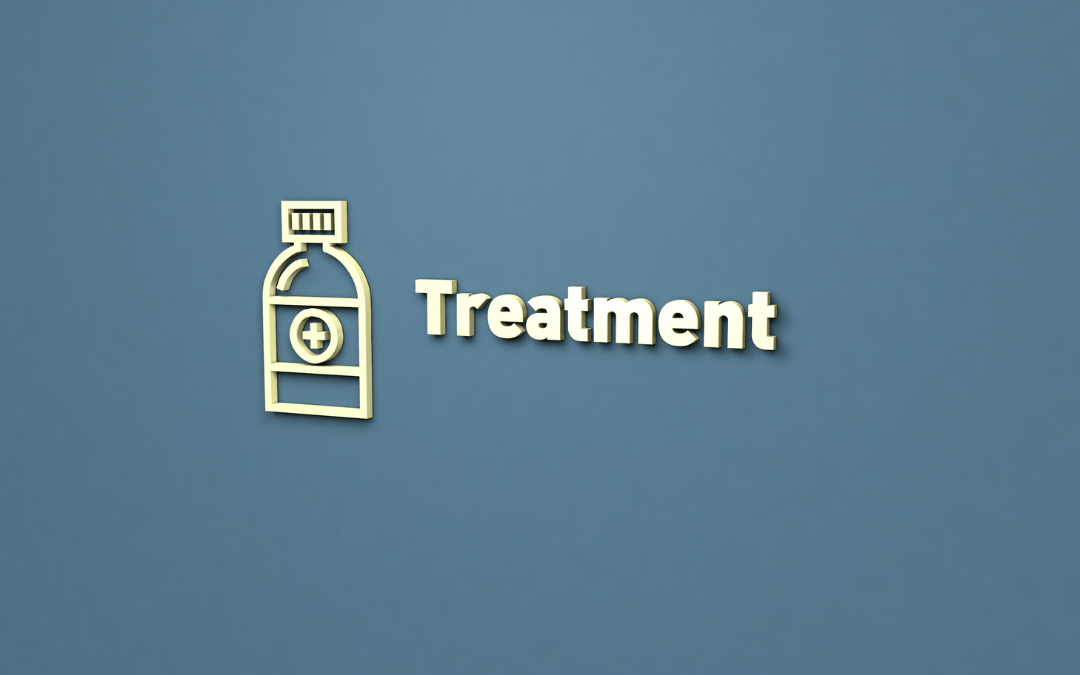
Migraine Talks Episode 1: Treating a migraine attack
Everyone living with migraine needs options to treat the attack. In episode #1, Dr. Leroux discusses the six medication classes for migraine treatment. She covers basic tips to treat migraine...

Navigating Migraine Treatments: Fact vs. Fiction
Living with migraine can be debilitating, prompting many to seek migraine treatments online. The internet is filled with promises of miracle migraine cures and testimonials about “how I got rid of...

How to Use Glasses to Help with Photophobia in Migraine
Photophobia, an intense sensitivity to light often preceding a migraine attack, affects many individuals. Discover how specialized glasses, including FL-41 lenses, can mitigate discomfort by...

My Treatment for Migraine Works, but the Pain Comes Back in a Few Hours. What Should I Do?
If your migraine medication relieves pain but it returns within a few hours, you may be experiencing headache recurrence. This guide offers strategies to manage and reduce recurrence, including...

Migraine Talks Episode 2: Severe attacks
What can you do when the basics don’t work? If you are struggling with nasty migraine attacks, this episode is for you. In episode #2, host Dr. Elizabeth Leroux outlines different strategies and...
